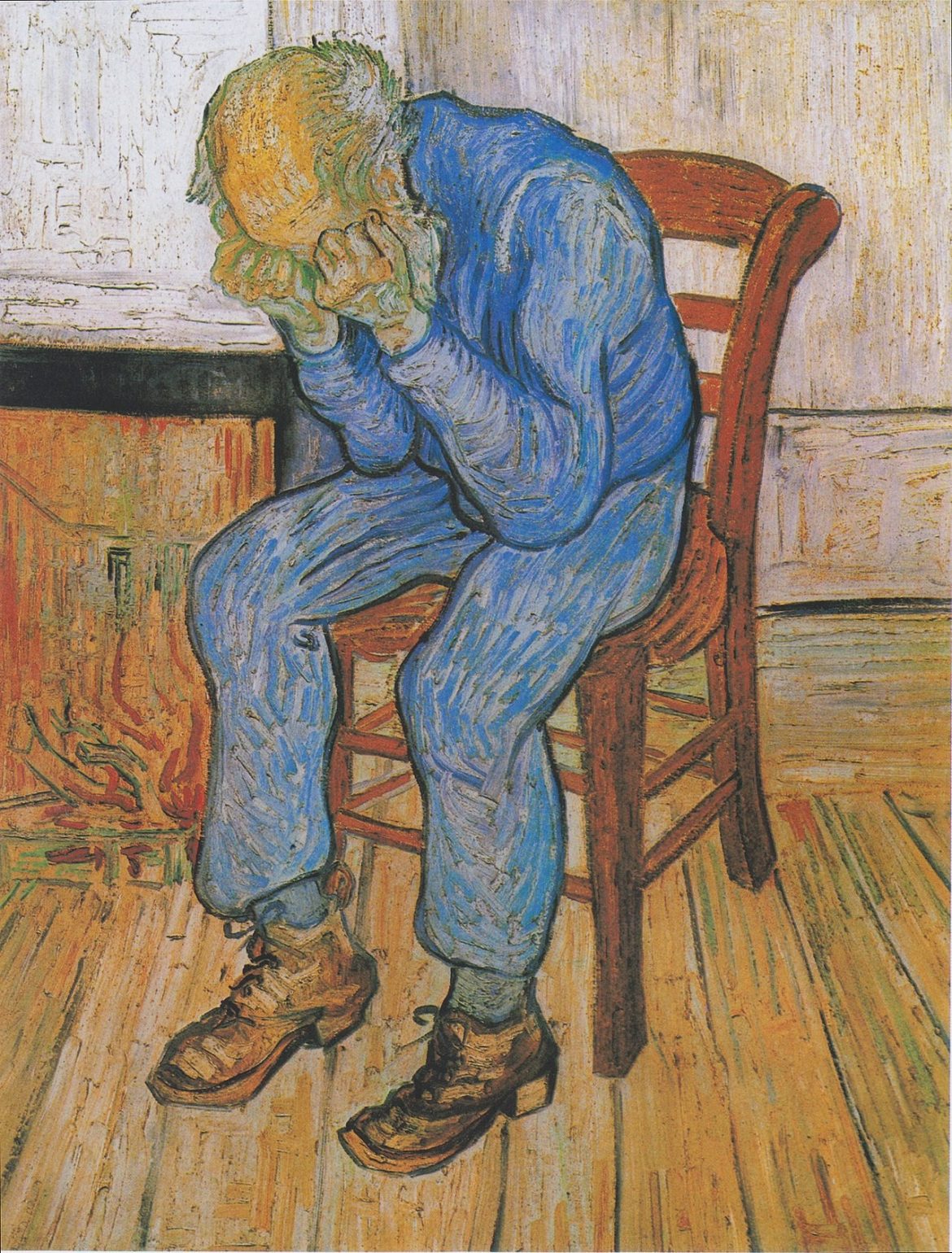Christians often come pre-packaged, leery of mental health diagnoses, and so when some less familiar term like “complex PTSD” pops up, get ready for extra eye rolls.
Get ready for pastors who address your trauma with the pejorative, “pop psychology” in their sermons (oh, there are so many).
Get ready for the risk of throwing the pearls of your trauma before those who’ve made up their minds on minds without knowing anything about the mind.
So I understand your hesitation if you feel sketchy about accepting and using the term, “complex PTSD,” because you probably won’t hear it addressed with care in the church.
But it’s real. It’s truth. It’s part of the fall. And isn’t that part of Christian theology? Truth. The fall.
Jesus said we’ll have troubles galore in this world, and why wouldn’t complex PTSD be part of that?
So, I know what you’re thinking — how is Complex PTSD different from PTSD?
I’m not a professional, so I’ll refer you to this explainer, but here’s the gist.
First, PTSD involves symptoms from one traumatic event.
Think of your classic scenario involving a veteran who witnessed some horrible disaster in Afghanistan, and the shock keeps coming back in his mind, her nightmares, during a pleasant breakfast, when he least expects it.
Complex PTSD, meanwhile, involves the same symptoms but from repeated, sometimes ongoing traumatic events. Either from childhood or adulthood or that bridge between the two.
Think of an abusive relationship, where it’s not just one assault, but many, for years and years.
Dr. Maria Reyes offers this helpful example:
For a child growing up as a victim of continual abuse, the world becomes a terrifying place. The people meant to keep him or her safe are often (although not always) the ones perpetuating the abuse on a day-to-day basis. This kind of trauma is devastating to a child’s ability to trust others and, as it happens when the brain is still developing, it has a long-term effect on how children perceive other people.
https://seattlechristiancounseling.com/articles/a-christian-approach-to-complex-ptsd
Now, according to Dr. Matthew Tull, both PTSD and complex PTSD involve these classic symptoms: avoidance, hyperarousal, and avoidance.
But complex PTSD involves other symptoms that might be missing from those with classic PTSD.
Such as: negative self-view, difficulty controlling emotions, difficulty with relationships, detachment from the trauma, and loss of a system of meaning.
Still, there’s enough overlap between the two conditions that psychiatrists haven’t concluded they’re two separate things.
Now if you’re a skeptic of complex PTSD or PTSD, in general, skeptic no more.
According to studies, “trauma is associated with long-lasting changes in key areas of the brain including the amygdala, hippocampus, and prefrontal cortex.“
This isn’t “pop psychology!” This is real science.
Again, I’m going to repeat that sentence: “trauma is associated with long-lasting changes in key areas of the brain including the amygdala, hippocampus, and prefrontal cortex.
Further, a recent study from the University of Basel sheds more light on why some of us develop PTSD and others don’t.
It’s not because one person is choosing to be tough and the other traumatized.
It has to do with the regulation of a gene called NTRK2.
And how our body regulates that gene is beyond our control.
Researchers found that stronger regulation of NTRK2 by methylation reduced memory formation and the power of memories.
Therefore, traumatic experiences just didn’t have the same oomph in these individuals.
Meanwhile, participants whose bodies had weaker regulation of the gene NTKR2 had weaker memories, and those memories didn’t become entrenched to nearly the degree or severity as the first group.
It has nothing to do with guts, it has nothing to do with a “snowflake generation.” It has nothing to do with any of the things popular culture (and Christians) tend to attribute it to.
PTSD is real and has really destroyed lives.
And the more that Christians deny it, the more lives will be destroyed, and that’s not a very Christian thing to do.
So what can we do?
Well, currently, complex PTSD is treated similarly to PTSD. And that means medication and therapy.
So please ask your doctor if you recognize complex PTSD or any PTSD in your orbit. If you look back at your life, if you feel what I’ve described. Get help.
Now before we finish…
I always believed in PTSD.
My grandfather flew a bomber in World War 2 and returned from the war, a different man. A lifelong alcoholic, haunted.
But I never understood how many things can trigger PTSD, things others might consider ridiculous, until 2016.
That’s when I had serotonin syndrome, thanks to a bad mix of medicines following a concussion. It was the most physically frightening experience of my life.
I “recovered,” but I’ve never really recovered. Not for lack of therapy or medication, but the fact my body never seems to forget, even when I forget.
I have, so often, felt silly and weak for saying “I have PTSD”, but please try to accept this fact, just as I have tried — PTSD has nothing to do with “strength.”
Absolutely nothing.
It doesn’t even have to do with whether your trauma lives up to some societal expectation of what trauma “is” or “isn’t.”
We all have trauma. That’s not up to us. That’s on the world we live in. It’s tough to be part of this world and escape it.
But the grace we show others, the grace we show ourselves through the trauma, our pursuit of help — that’s up to us.
If you’re still on the fence about all this, check out Christian neuroscientist Dr. Matthew Stanford’s book, Grace for the Afflicted (read our interview here).
It’s a wonderful resource for anyone you know (family, pastor etc) who denies the reality, the power, the tragedy of PTSD and numerous other mental health conditions.
[Painting: Sorrowing Old Man (At Eternity’s Gate) Van Gogh, completed just a few months before his suicide.]

